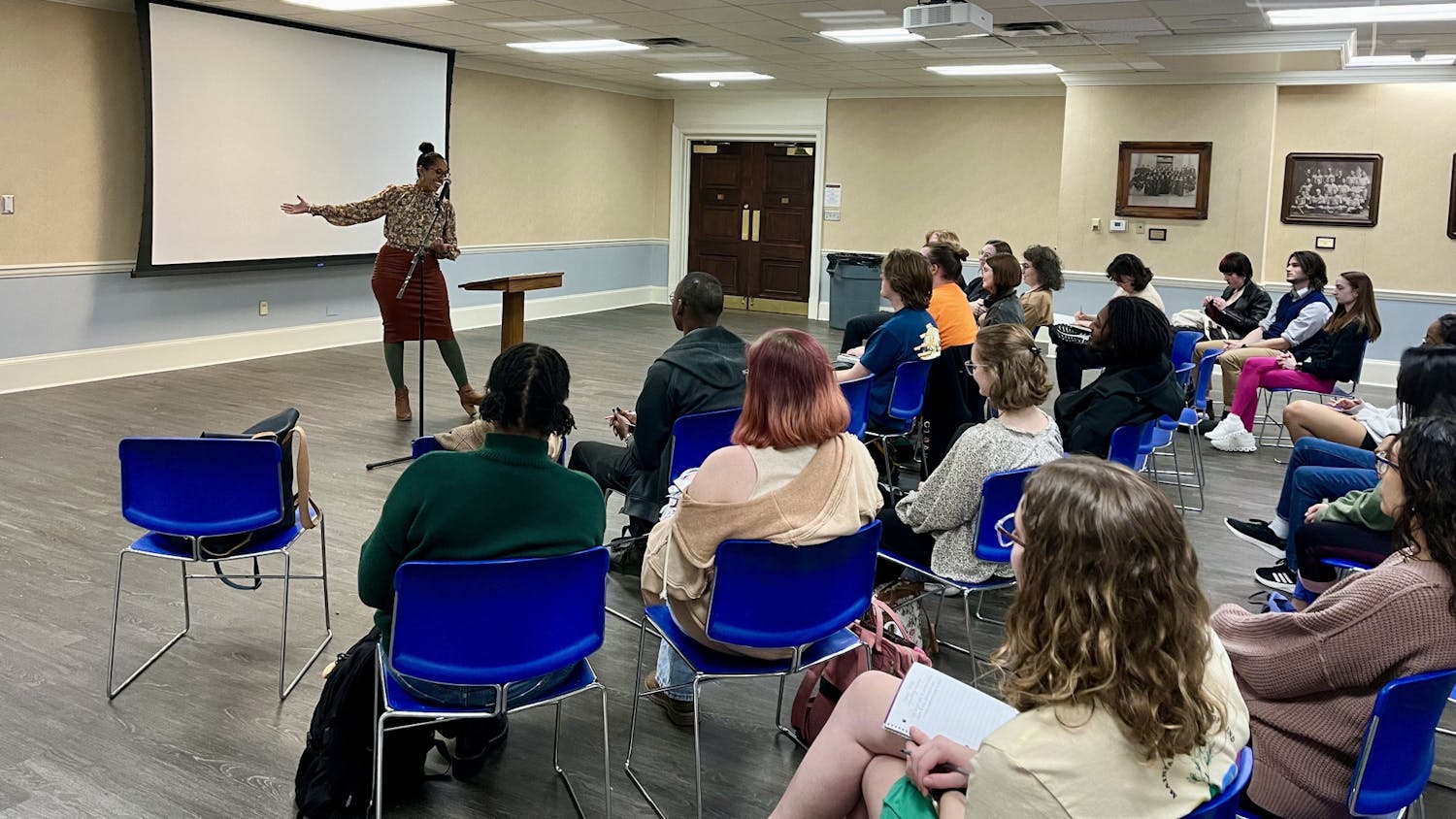In their second album, “Babel”, Mumford and Sons’ subtle infusion of raw, country bluegrass and traditional British melodies and their well-researched, literary and spiritual lyrics take this style of bluegrass folk music to a higher level. Marcus Mumford’s vocals, backed by Ted Dwayne’s punctuating percussion, make the listener involved in the song’s emotion and desire. The truth of an experience becomes just as important as every philosophical conclusion, and each point resonates through Ben Lovett’s cascading keyboard and Winston Marshall’s piquant banjo. Mumford exposes their message not with bland transparency, but with raw honesty and effective communication.
“Babel” sings with gospel conviction and hymnal reverence as the album penetrates a spirituality that rises and spreads with instrumental delivery. The album is propelled by lyrics explaining a passionate desire to find and venerate truth in experiences. Like many of their bluegrass peers, Mumford explores depths and facets of traditional religion. However, they tend to stay away from any institutional structure, especially as they tear down walls and structures in their opening title track. “Babel” is immediately aware of the biblical elements that help construct the argument of the entire album.
Yet the song dwells in a search for truth through personal exploration separate from any institutional structure. “Babel” jumps headfirst into the core of the album, and its exhilarating energy reassures the return of the rigor that compelled their debut. This energy builds in “Whispers in the Dark”, which becomes an invigorating anthem for fulness of life when the group sings in ending chorus, “Let’s live / while we are young / while we are young.” The anthem continues steadily throughout songs like “Lover’s Eyes.” They emphasize capability with guidance when Mumford sings, “I’ll walk slow / take my hand, help me on my way.”
Even as they explore more somber tracks, Marcus Mumford’s voice still harnesses that raw, gritty determination. Choir harmonies support the album’s strength by adding authentic substance to poetic tracks that offer hope and encouragement, even in hard times. “Holland Road” explores this learning experience through repetitive voices and rhythms reminiscent of a traditional reel, reinforcing the album’s certainty of salvation, singing, “When I’m on my knees / I’ll still believe.” In further determination, “Broken Crown” releases a defiant downpour of willful banjo and mandolin over thundering keyboard. Throughout the album, Mumford and Sons refuse to stray from their convictions, boldly adhering to the spirituality they’ve discovered.
“Babel” soon becomes its own religion, creating a spiritual space where poppy British folk reels combine with gritty electric resonance in “Below My Feet.” Again backed by volumizing vocal harmonies, Mumford gives an ode to the earthly traveler whose every step is a learning experience for the soul. And this learning experience is held with shameless faith, leaving “no time / for a cynic’s mind” in the closing track, “Not With Haste.”
Like other folk musicians, Mumford and Sons sing the blues and discuss religion, but they do it in their own way. Their country ballads are Celtic dirges, and their rock riffs are traditional folk reels. Their blues come from constantly searching for a venerable truth on earth, and their religion is the space where that truth resides within the song. In “Babel,” this truth is communicated through a universal language.




